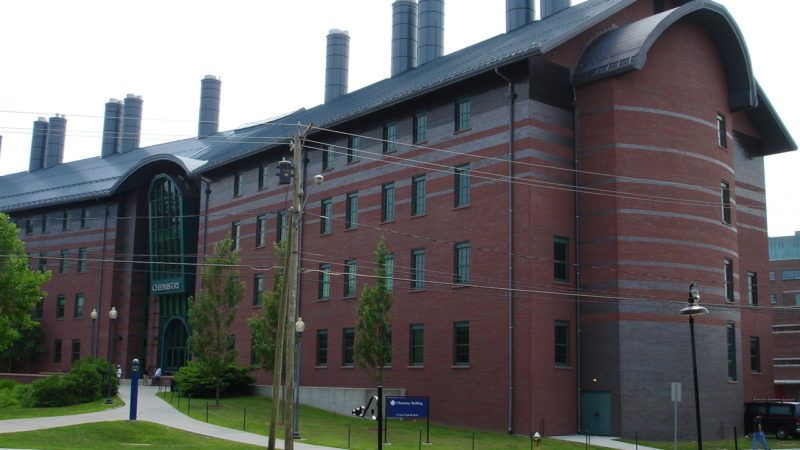Judge Upbraids UConn for Unfair Investigation
The university disallowed the testimony of witnesses who would have undermined the accuser's credibility.

The University of Connecticut expelled a male student for an allegedly nonconsensual sexual encounter with a female student. But now a judge has issued a temporary restraining order to halt the student's removal, on the grounds that the university's investigation was wildly unfair.
The Foundation for Individual Rights in Education (FIRE) has obtained a transcript of the court proceeding, which took place on January 23. As it shows, U.S. District Judge Michael Shea was especially perturbed that UConn did not interview key witnesses who would have undermined the accuser's credibility.
"I am troubled by aspects of this procedure," said Shea, "and in particular I think the thing that troubles me the most is the fact that the hearing body refuses to hear from four of the plaintiff's witnesses."
None of the witnesses saw the encounter itself, which took place in April 2019 in a dorm room and involved only the male and female students. But prior to the disputed encounter, the two students—identified in the lawsuit as John Doe and Jane Roe—rode in a car together with several other people. Jane sat on John's lap, and he claims that she spent the ride grinding on him.
That Jane had initiated activity at this stage of the night does not mean she consented later, of course. But importantly, she denied to investigators that the amorous encounter in the car had occurred at all. The other people in the car contradicted that—they heard, and could feel, her rubbing against John—and were willing to speak to this at the university's hearing, but UConn denied them, claiming they did not have relevant testimony.
The judge rightly disagreed. Since there were no witnesses to the encounter itself, adjudicators must considerable the relative credibility of the two students. If Jane lied about her level of sexual interest in John immediately prior to the encounter, that raises the question of whether she was lying about what happened later. Ignoring witnesses who could speak to this was thus unfair.
The university's lawyer attempted to argue that the witnesses were not allowed to speak at the hearing because they didn't have direct evidence. Shea responded: "Oh, come on. I thought you were going to be serious about this."
Later, the judge asked UConn's lawyers to explain how the university's actions—disallowing John from questioning Jane's supportive witnesses—could possibly be consistent with due process.
"Given the severity of the sanction here, how is it in compliance with due process that he's not allowed to question, or have somebody question, at least statements that were being relied on by witnesses who—excuse me—by the hearing officers by witnesses who weren't even present?" asked Shea.
FIRE's Samantha Harris spoke with John's attorney, who said the university's ambivalence toward any notion of fairness for the accused was obvious throughout the proceedings.
In any case, the ruling is a great step in the right direction. Harris notes that while the First and Sixth Circuit Courts have issued decisions that affirm the right of accused students to conduct cross-examination when universities conduct such trials, the relevant case law is "relatively underdeveloped" in the Second Circuit.


Show Comments (33)